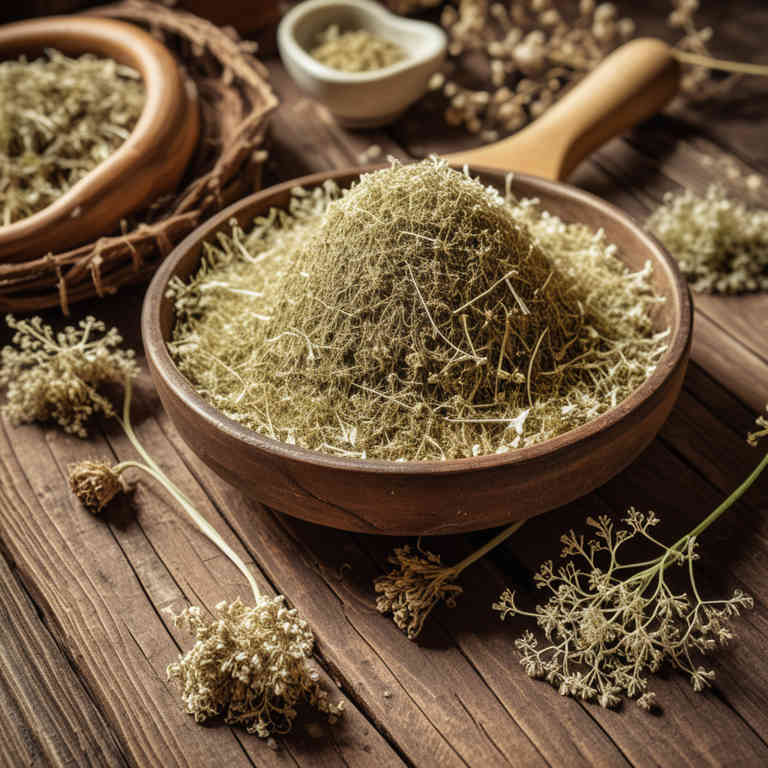Pimpinella anisum decoction for medicinal use

Pimpinella anisum decoction is a herbal preparation made by boiling the seeds of the anise plant, Pimpinella anisum, in water.
This decoction is commonly used in herbalism to support digestive health and relieve symptoms such as bloating and gas. It is also valued for its soothing properties and is often used to ease coughs and respiratory discomfort. The preparation is typically consumed as a tea or added to other herbal formulations.
In traditional medicine, it has been used for centuries to promote overall wellness and ease gastrointestinal distress.
Uses
Pimpinella anisum decoction has been used to treat digestive ailments, respiratory issues, and as a carminative in various traditional medicinal systems.
Historically, it was valued in ancient Egypt, Greece, and India for its ability to relieve stomach cramps, nausea, and coughs. In traditional Chinese medicine, it was used to harmonize the spleen and stomach, while in Ayurveda, it was employed to balance the doshas and promote digestion. Modern research suggests that the decoction may have antimicrobial, anti-inflammatory, and antioxidant properties, supporting its continued use in herbal remedies.
Today, it is still employed in some cultures for its soothing effects on the gastrointestinal tract and as a natural remedy for cold and flu symptoms.
Benefits
Pimpinella anisum decoction has health benefits such as aiding digestion, relieving respiratory issues, and reducing inflammation.
It is commonly used to alleviate symptoms of indigestion, bloating, and gas due to its carminative properties. The decoction may also help ease coughing and congestion by acting as an expectorant. It has been traditionally used to support menstrual health and reduce nausea.
Additionally, it may contribute to immune support and has antimicrobial properties that can help in fighting infections.
Constituents
Pimpinella anisum decoction active constituents include anethole, estragole, and essential oils, which contribute to its aromatic and therapeutic properties.
These compounds are known for their carminative, antispasmodic, and digestive stimulating effects. Anethole, the primary active component, helps in relieving gastrointestinal discomfort and reducing bloating. Estragole supports the digestive system by promoting the secretion of digestive enzymes.
This decoction is traditionally used to support respiratory and digestive health, and it may also have mild anti-inflammatory properties.
Preparation
To make Pimpinella anisum decoction, start by gathering 1 to 2 tablespoons of anise seeds.
Rinse the seeds thoroughly and place them in a pot with 2 cups of water. Bring the mixture to a boil, then reduce the heat and let it simmer for about 10 to 15 minutes. Strain the liquid through a fine mesh strainer or cheesecloth to remove the seeds.
Allow the decoction to cool slightly before consuming, and take it in small sips throughout the day for best results.
Side Effects
Pimpinella anisum decoction may lead to gastrointestinal discomfort, including nausea, vomiting, and diarrhea, due to its high concentration of essential oils and compounds that can irritate the digestive tract.
It may also cause allergic reactions in individuals sensitive to anise or related plants, manifesting as skin rashes, itching, or respiratory symptoms. Long-term use could potentially lead to liver or kidney damage, as some components may be toxic in high doses. It is important to consult a healthcare professional before using this preparation, especially for pregnant women or those with pre-existing medical conditions.
Always follow recommended dosages to minimize the risk of adverse effects.